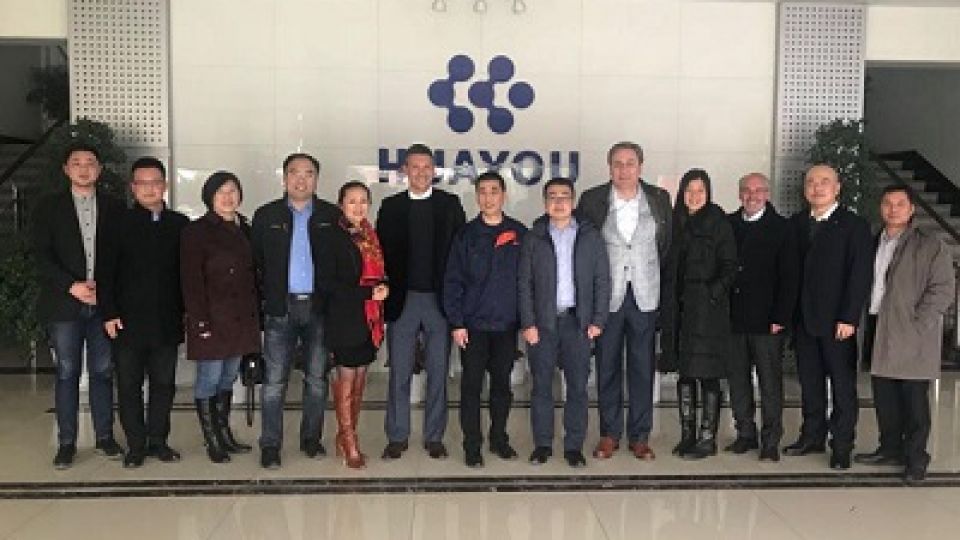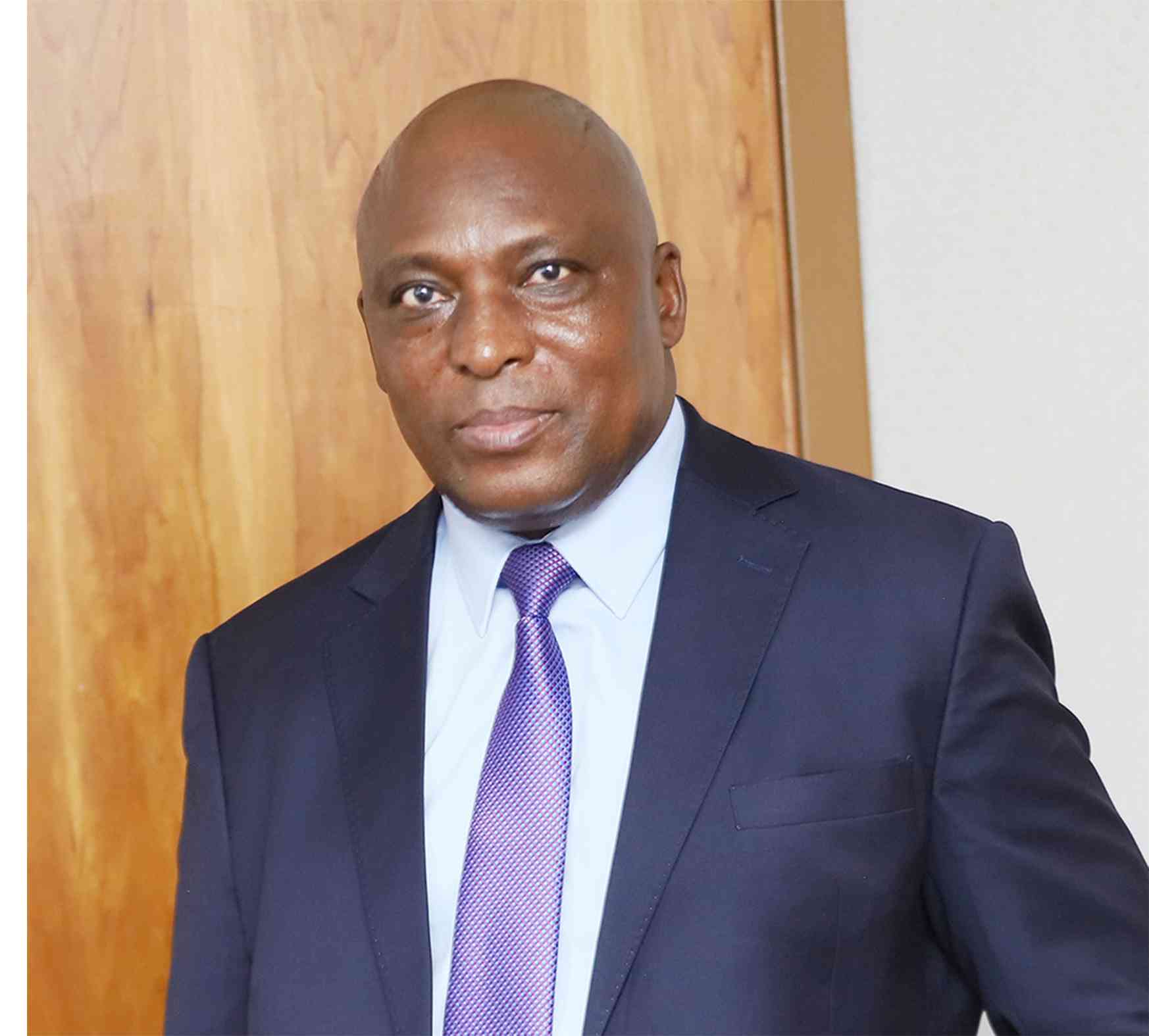
SHAME MAKOSHORI CHINESE conglomerate Huayou Cobalt this week downplayed multiple legal actions over Arcadia Lithium Mine in Zimbabwe, as it disclosed it was pressing ahead to deploy US$300 million for developing an ultra-modern operation that will ship out its first resource early 2023.
In March, Fredrick Mubaira, a Zimbabwean small-scale gold miner, filed lawsuits to reclaim mineral fields that he purported had been “illegally” taken over by Prospect Lithium Zimbabwe (PLZ) during a scramble to secure the resource from 2018.
PLZ’s Arcadia Mine was taken over by Huayou in a US$422 million deal in December last year.
The asset holds sway on the global lithium industry due to high grade ore, whose first samples have attracted international attention.
The Chinese electric vehicles battery maker displayed its confidence in the project on Monday, when laying out plans to establish an operation with the capacity to crush 4,5 million tonnes of ore annually, giving it access to 400 000 tonnes of lithium concentrate.
Deputy general manager, Trevor Barnard told businessdigest that as Zimbabwean courts prepared to hear Mubaira’s case, the giant was moving to leverage on its massive balance sheet to tap the capital it requires to execute the Arcadia assignment.
Huayou presides over US$20 billion market capitalisation at Shanghai Stock Exchange, where it trades its stock.
Barnard said regulatory approvals, including exchange control authority, had been secured since Huayou shelled the war chest to takeover 87% stock in Arcadia last month.
- Chamisa under fire over US$120K donation
- Mavhunga puts DeMbare into Chibuku quarterfinals
- Pension funds bet on Cabora Bassa oilfields
- Councils defy govt fire tender directive
Keep Reading
Huayou contractors are laying the groundwork for a lithium processing plant, as executives engage authorities to construct a feeder road linking highways for shipping lithium to China.
The US$300 million injection will take the total spend to about US$722 million in a destination that has been battered by capital flight.
Subsequent to the settlement, Huayou dispatched a 14 member team led by general manager, Haijun Zhu to take charge of the asset, the firm said Monday, noting that it was “super excited”.
Barnard said while the legal actions were still sub judice, he was confident that Huayou had not crossed paths with Zimbabwe’s legal system.
“At the moment that case is with the High Court of Zimbabwe, so it is actually sub judice, I cannot divulge details,” said Barnard, speaking exclusively to businessdigest during a tour of Arcadia Mine.
“But I can assure you that we have treated everybody fairly and we have treated everybody on exactly the same basis wherever we have acquired claims and we have done everything according to the legal processes of Zimbabwe. We are incredibly confident that whatever is being alleged about us is not true,” he said.
“We intend to develop the project rapidly over the next year and invest US$300 million to develop the mine and construct a processing plant with a capacity to treat around 4,5 million tonnes of ore and produce 400 000 tonnes of lithium concentrate per annum,” Huayou said in a paper released to reporters.
Mubaira’s court applications filed in Harare and submitted to defendants in Zimbabwe, China and Australia, came as Zimbabweans began to be concerned that foreign investors were parcelling out Zimbabwean resources and earning fortunes at the expense of locals.
He claimed that PLZ handed over the asset to Huayou before concluding crucial negotiations that were taking place with him over the land.
As PLZ moved to lay out foundations for exploiting the resource in 2018, its representative in Zimbabwe, McCloud Nyasowa talked Mubaira into abandoning gold mining on the claims, the court papers alleged.
The agreement ended with Nyasowa paying a US$5 000 deposit to Mubaira, after persuading him to move out.
PLZ was desperate to avoid controversy at the time, as it was scouting for investors, the court papers claimed, noting that the parties later agreed on a US$55 000 settlement, which would see Mubaira transferring his land to PLZ.
PLZ also undertook to buy a house and a car for Mubaira, while paying school fees for his children, the papers added.
The deal also involved PLZ allocating shares to Mubaira, the court papers claimed.
However, the parties agreed that Mubaira would be bought out once an investor was secured.
But at some point, disagreements emerged, which lawyers now say were motivated by the desire to take advantage of Mubaira’s financial situation and exploit him.
“Using a combination of economic duress, undue influence, cajoling and force, Mr Nyasowa drew up an agreement purporting that the purchase price was US$5 000 and that it had been paid,” Mubaira’s legal representatives, Mandizha & Company, said in letters sent to PLZ’s lawyers.
To A2
“He refused to give the client a copy assuring him that he would get one once all directors had signed. Using fraud, misrepresentation and the same tactics…all of which are reminiscent of the infamous Rudd Concession of 1888, Mr Nyasowa directed our client to lie on the transfer forms that the purchase price was US$5 000,” the papers said.
PLZ later paid Mubaira US$8 415, instead of the agreed US$55 000, court documents showed.
However, Mubaira is said to have stormed PLZ offices, after which an executive directed staff to “treat him to tea and biscuits” while a fresh “Rudd Concession” was being drafted, the lawyers said.
After getting winds that Huayou was coming into the picture, Mubaira confronted PLZ again, but he was “dismissed off hand with the retort that PLZ’s lawyers would deal with whatever claim” he would bring up.
In their letter to the Chinese firm, Mubaira’s lawyers warned that Huayou’s interests would be at stake unless the deadlock over settlement was addressed.
“Our client is the legal owner of a mining block situated on his farm, Lowfield in Arcturus,” Mubaira’s legal counsel wrote in a letter sent to Huayou dated March 23, 2022.
“Our client contends he was defrauded of his aforesaid legal interest by PLZ. Our client became aware of the contract you entered into, and are in the process of consummating with PLZ. His contention is that to the extent that the subject matter for which you contracted with PLZ contains his mining interests, you were unknowingly and fraudulently dragged into a fraud. In our law, and we believe certainly in your own jurisdiction too, fraudulent contracts cannot birth legal and commercially enforceable contracts.
“Our professional and courteous attempts to seek dialogue with your local partners have been rebuffed. It seems to us that your local partners consider our client’s claim to be baseless. In fact, they are on record accusing him of being a fraudster and extortionist. The practice in Zimbabwe is that before litigation, a claimant should give his adversary an opportunity to reply. While we are ready to file a claim against you and your local partners, it is only fair that we draw your attention to facts that our client believes were deliberately withheld from you.
“We are obviously aware of what effect such bob disclosure/s have on your own contract with PLZ. Our client’s brief to us is for us to recover his mining interest from whoever is laying claim to it, which bracket we believe you belong…the courtesy extended to you herein is not a sign of weakness on our client’s part,” Mubaira’s lawyers wrote to Huayou.
“Sometime in July or August 2018, geologists from PLZ sought and obtained permission to prospect on our client’s farm (Lowfield), for lithium,” Mandizha & Company wrote in another letter to PLZ lawyers, Manokore Attorneys.
“Our client is the registered owner of a gold mining block on the said farm.”
The Huayou /PLZ transaction was subject to a series of regulatory approvals in Zimbabwe and China.
Zimbabwe has benefitted from big Chinese investments in the past two decades, which have kept the southern African country running during a tough time when foreign direct investment plummeted in the aftermath of hard-hitting Western sanctions on the southern African country.
The massive push by Chinese investors into Zimbabwe’s multibillion dollar lithium mines has raised fresh fears of plunder with a leading resource campaigner pushing for stronger Parliamentary oversight.











